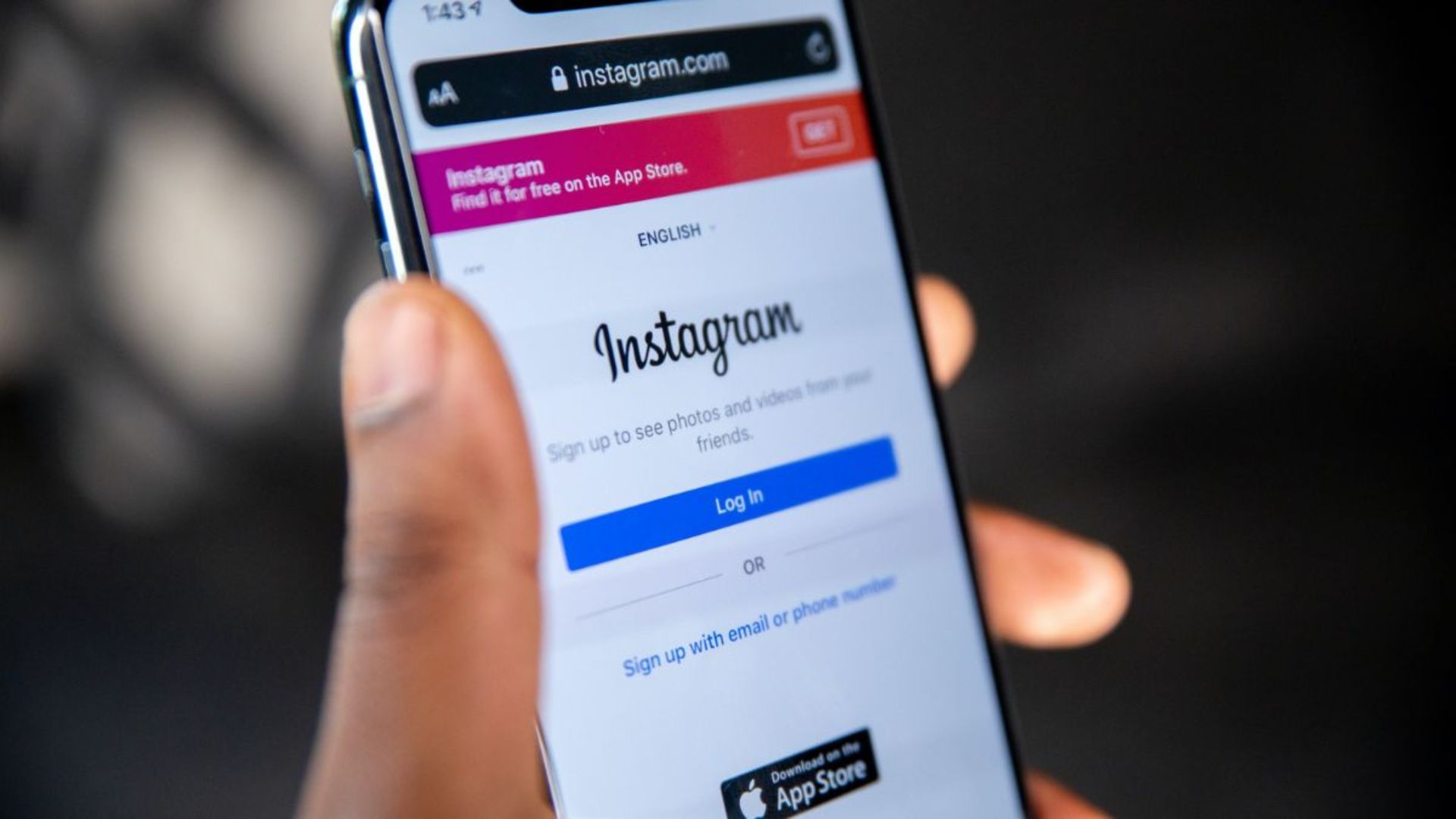The Double-Edged Sword:
Social media’s grip on our lives is undeniable. It transforms into a constant stream of information and interaction, keeping us connected and informed. This constant connection, however, presents a double-edged sword. While social media offers undeniable benefits, its impact on mental health presents a complex and multifaceted challenge. This blog delves into the two sides of the coin, exploring how social media can influence our well-being.
Dive deeper with us! Explore how social media strengthens connections, fuels creativity, and unlocks information. But beware – it can also trigger isolation, anxiety, and feelings of inadequacy. We’ll navigate both sides of this social coin.
The Upward Trend: Social Media’s Positive Influence
- Social Connection and Community: Social media bridges geographical gaps, keeping us connected with loved ones through instant messaging, video calls, and shared online spaces. Online communities gather individuals with shared interests, fostering a sense of belonging and support.
- Self-Expression and Identity Exploration: Social media offers a platform for self-expression, allowing users to share their thoughts, experiences, and creativity with the world. Social media can empower people searching for their identities by connecting them with like-minded communities.
- Positive Reinforcement and Motivation: Social media can be a wellspring of inspiration and motivation. Platforms like Instagram and Pinterest showcase success stories, artistic endeavors, and healthy lifestyle choices, which can motivate users to pursue their own goals.
The Downward Spiral: Social Media’s Impact on Mental Health
- Fear of Missing Out (FOMO) and Social Comparison: The curated feeds and highlight reels on social media can create an unrealistic portrayal of others’ lives, leading to feelings of inadequacy and FOMO (Fear of Missing Out). This constant social comparison can negatively impact self-esteem and fuel feelings of anxiety.
- Cyberbullying and Online Harassment: The anonymity offered by the internet can embolden some users to engage in cyberbullying and online harassment. This can have severe consequences for the mental health of those targeted, leading to feelings of isolation, depression, and even self-harm.
- Sleep Disruption and Addiction: The constant notifications, blue light emission from screens, and the “just one more scroll” mentality can disrupt sleep patterns. Chronic sleep deprivation is a known risk factor for anxiety and depression.
It’s important to remember: Social media is a tool, and like any tool, it can be used for good or bad.
Striking a Balance: Fostering a Healthy Relationship with Social Media
- Practice mindful consumption: Set time limits for social media use and avoid excessive scrolling before bed.
- Curate your feed: Unfollow accounts that trigger negative emotions or feelings of inadequacy. Instead, follow inspiring or informative content creators.
- Focus on real-life connections: Don’t let social media replace face-to-face interactions. Make time for in-person activities with friends and family.
- Embrace the present moment: Disconnect to truly connect with the world around you. Put your phone down and be mindful of your surroundings.
- Seek professional help: If social media use is negatively impacting your mental health, don’t hesitate to seek professional help. A therapist can provide guidance on developing healthy online habits and coping mechanisms.
Conclusion:
Social media offers a double-edged sword: connection and creativity on one side, potential Social Media’s Impact on Mental Health on the other. Use it wisely – curate your feed, prioritize well-being – to maximize the positive and minimize the negative.



